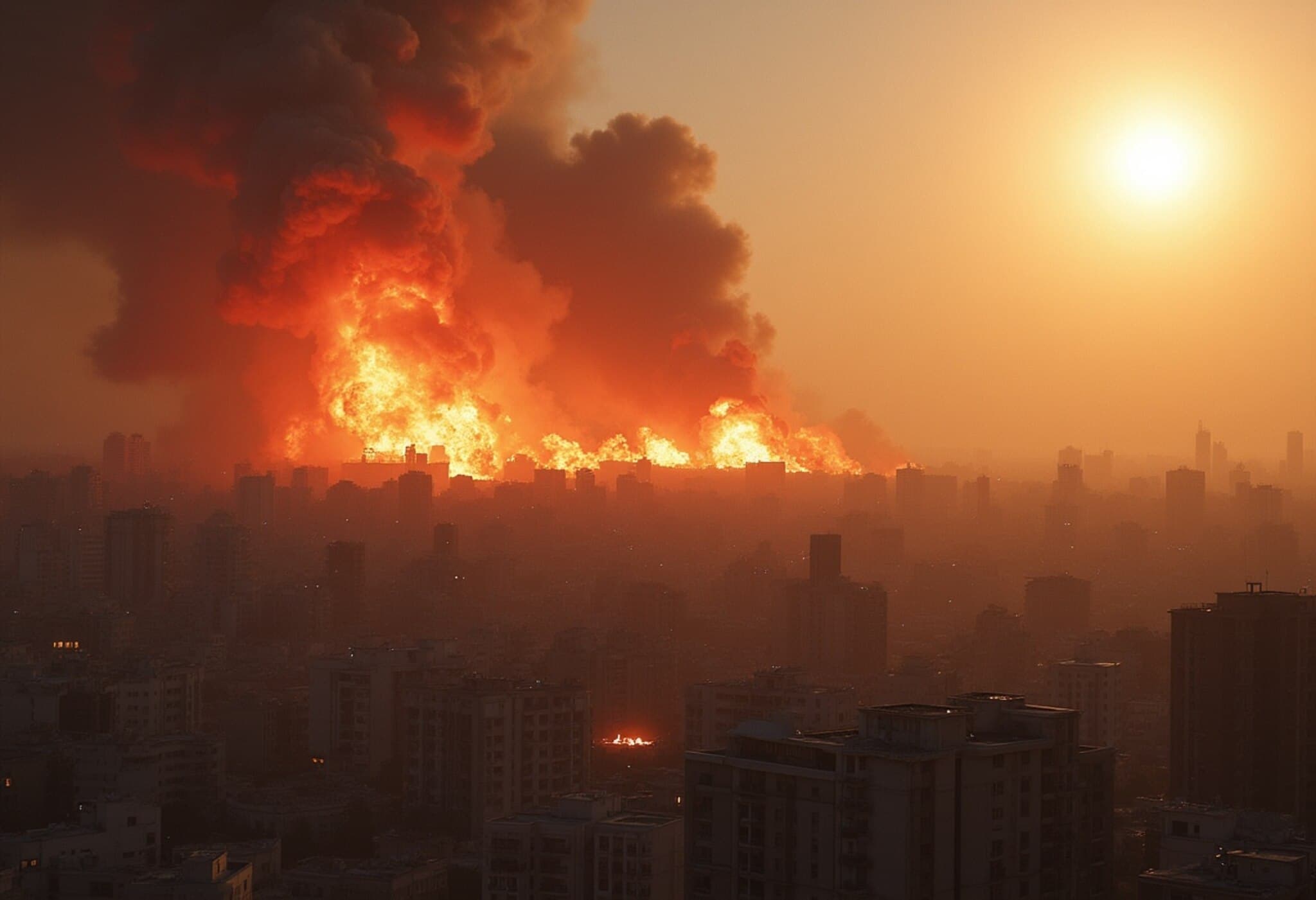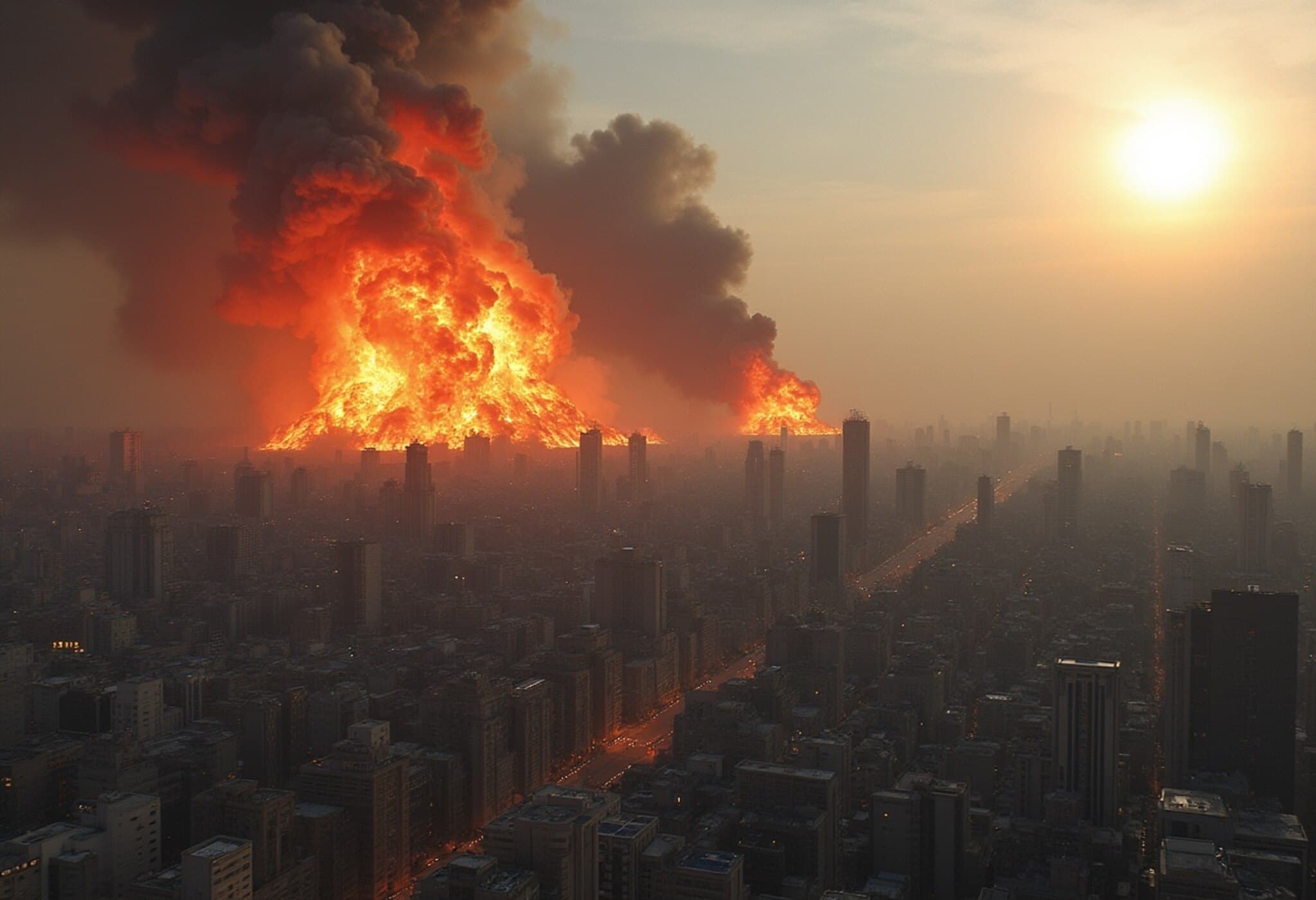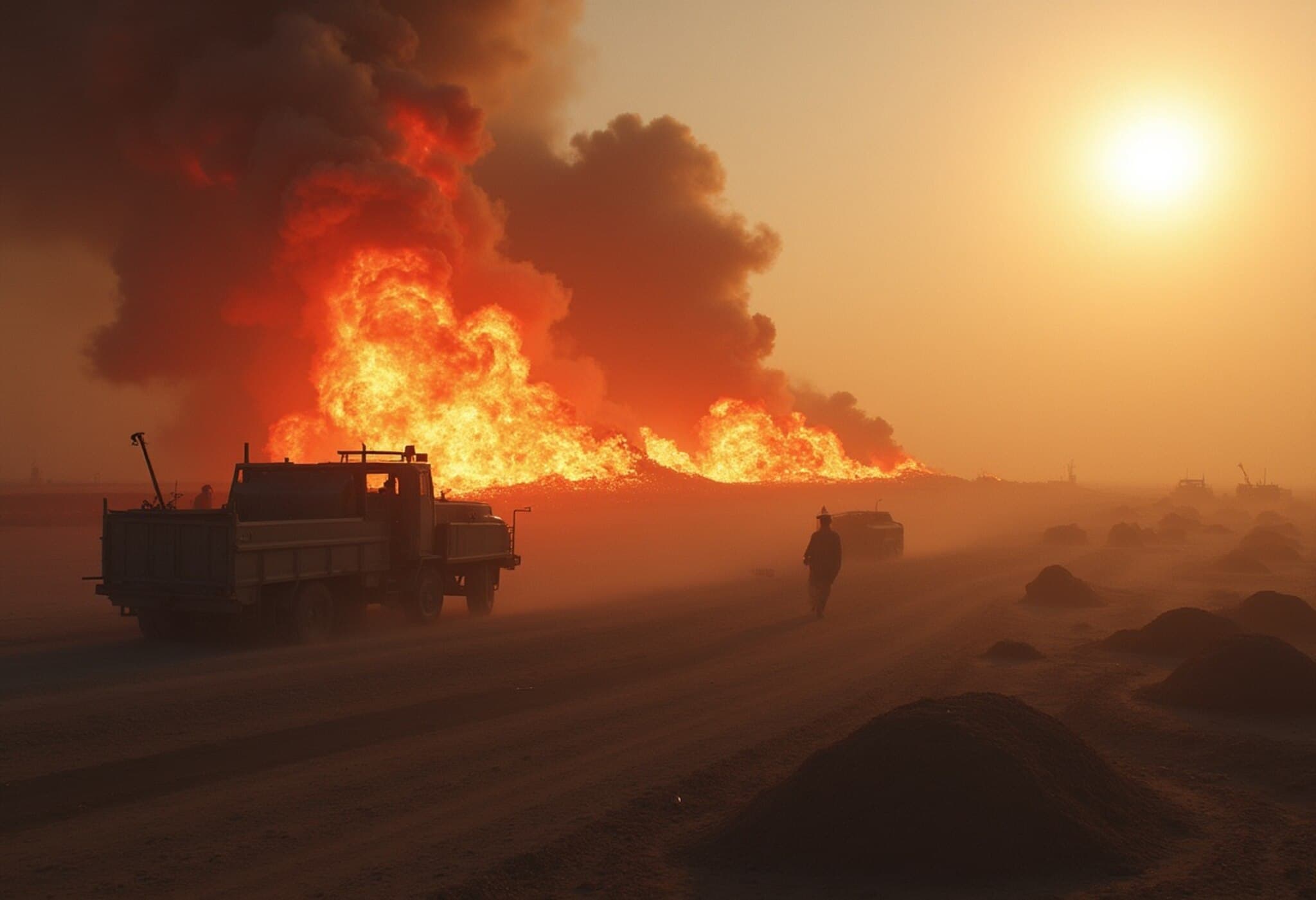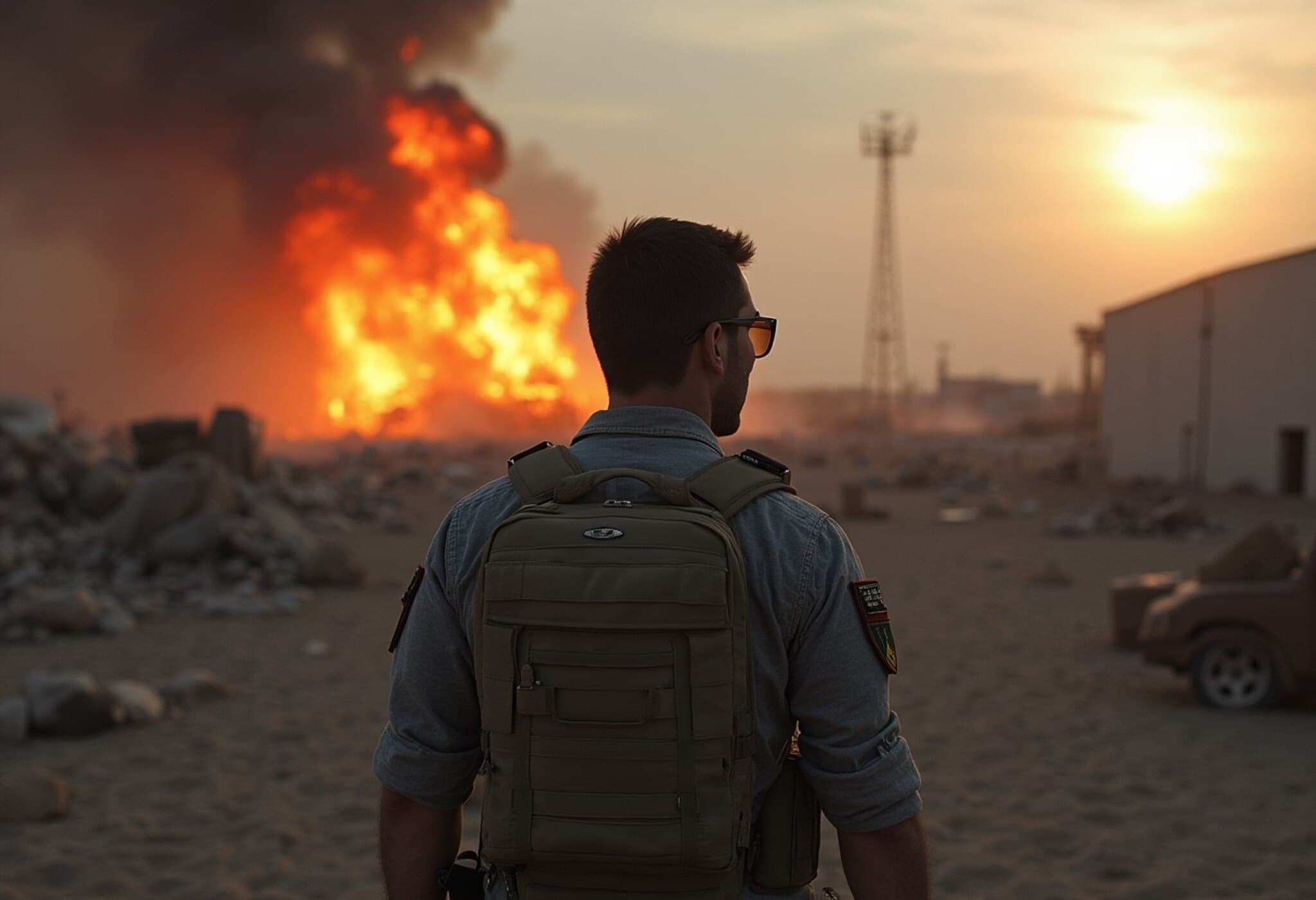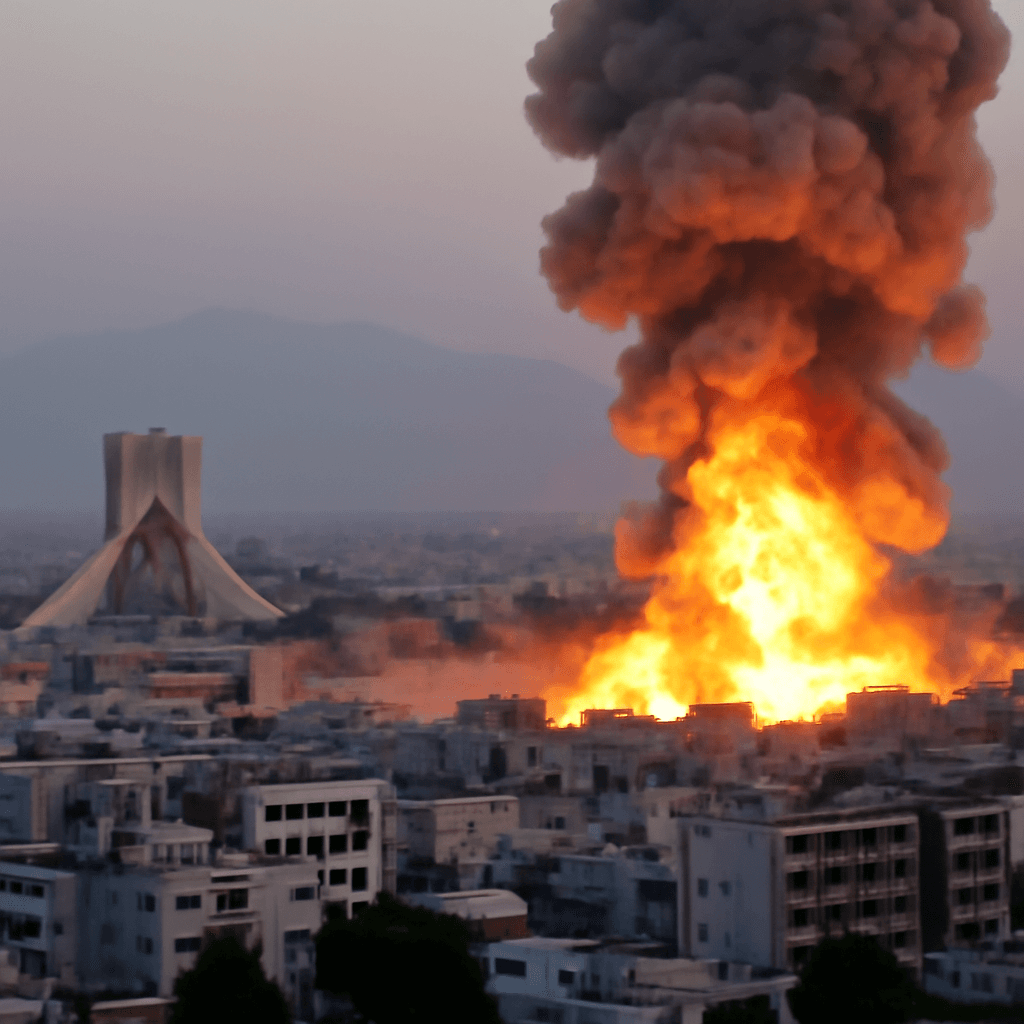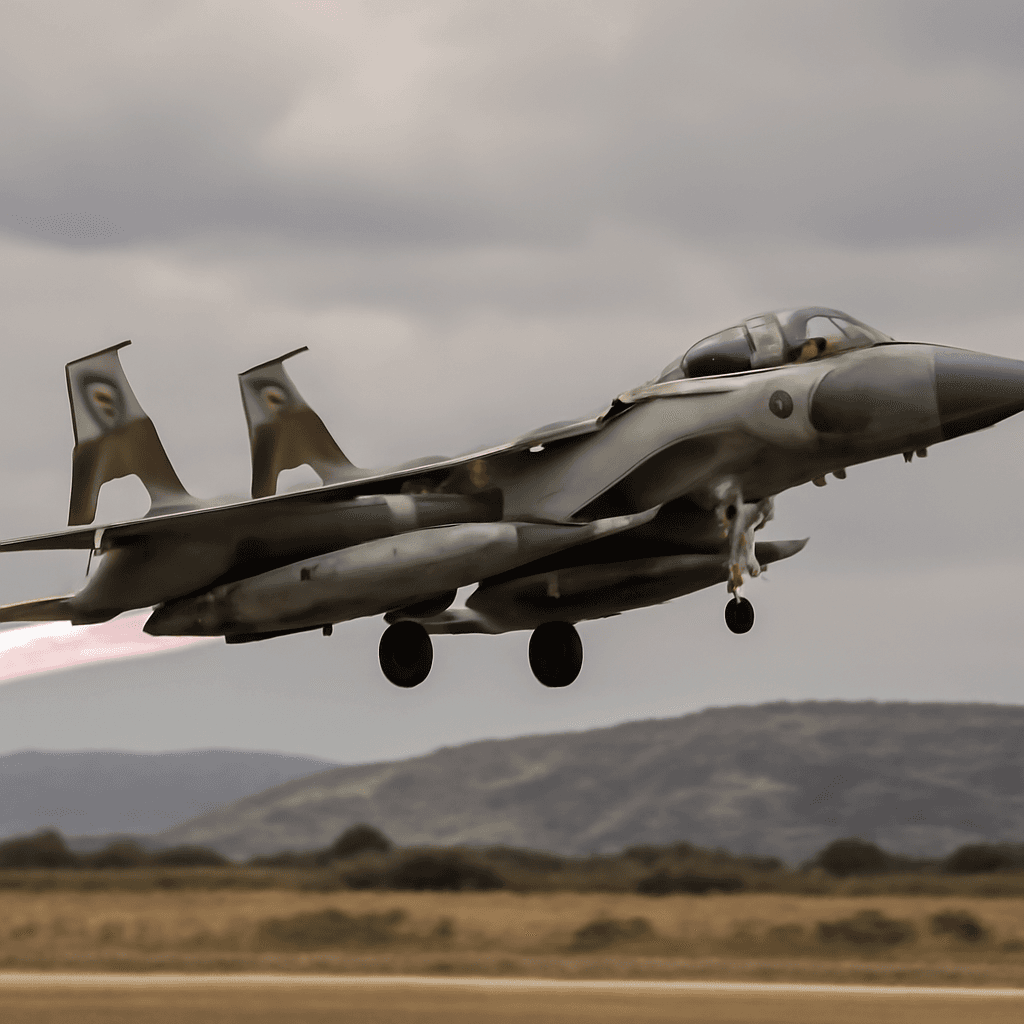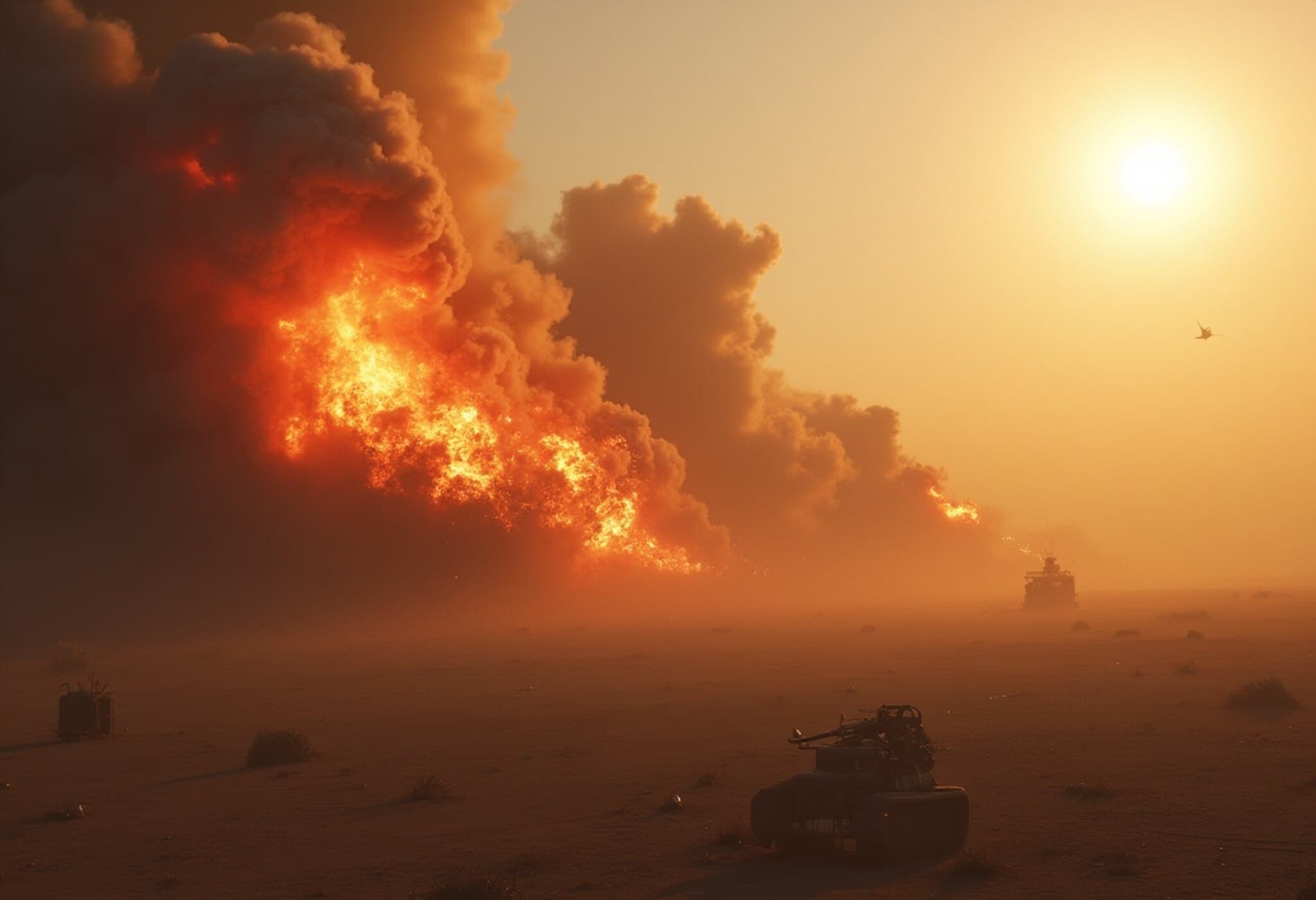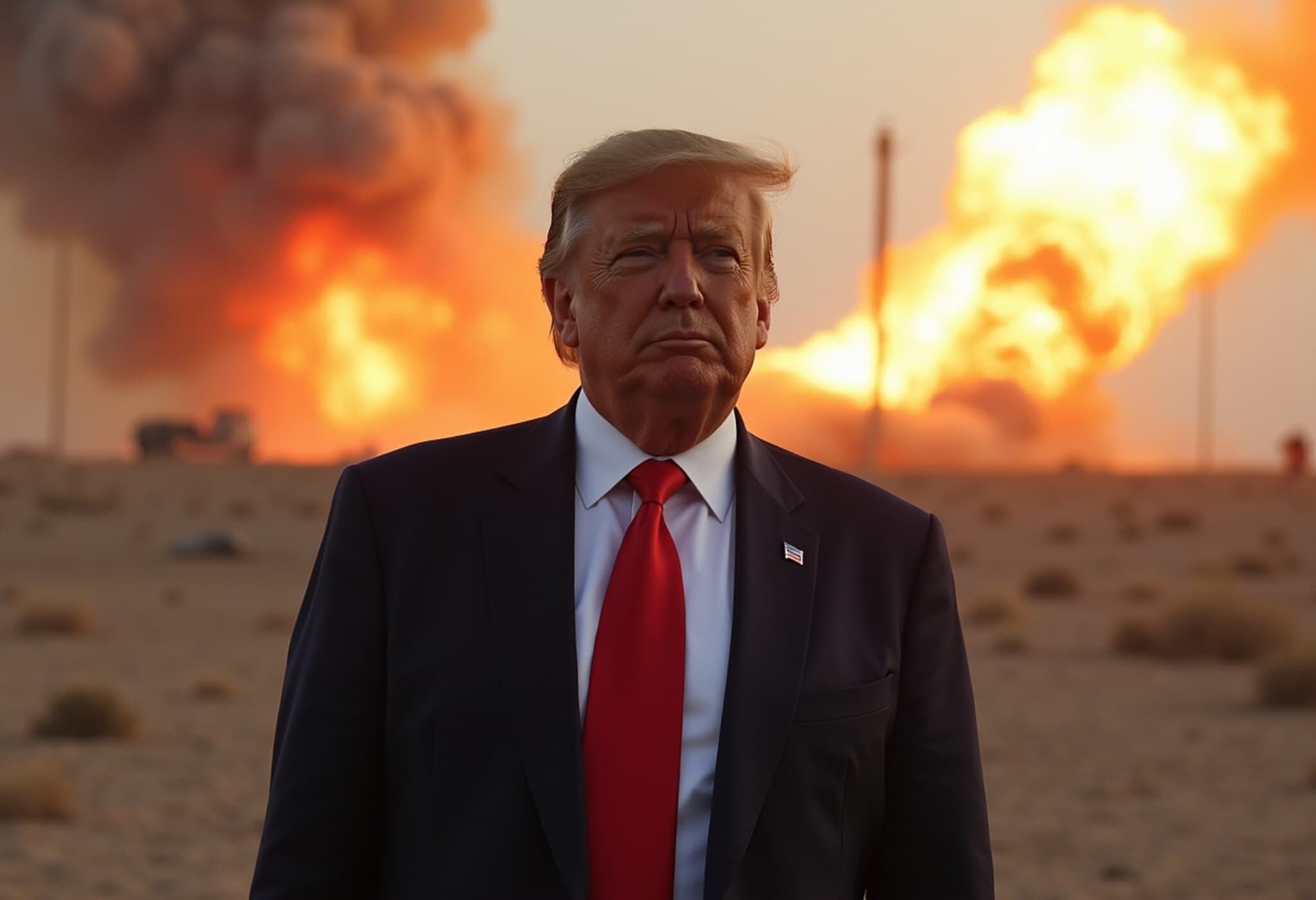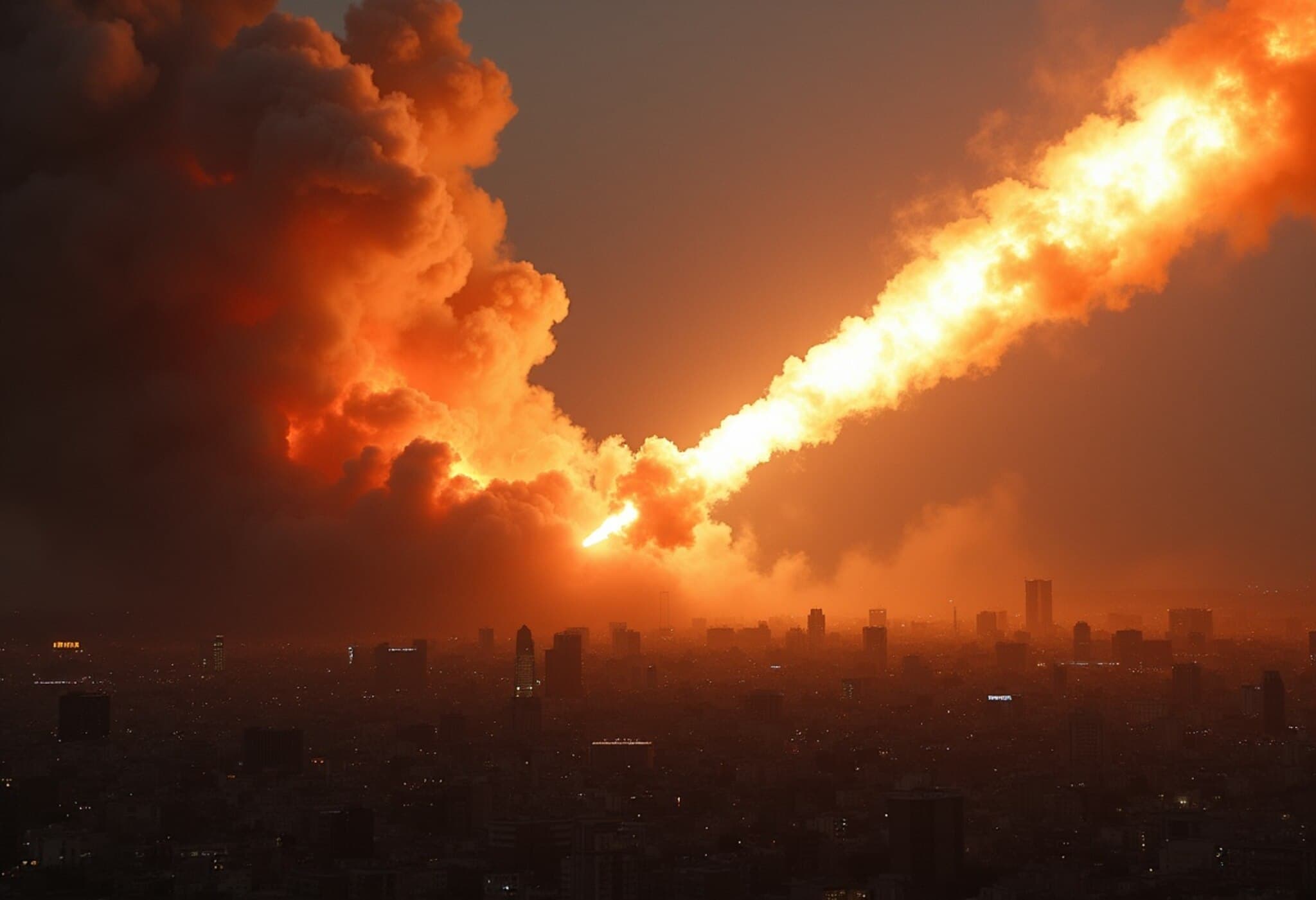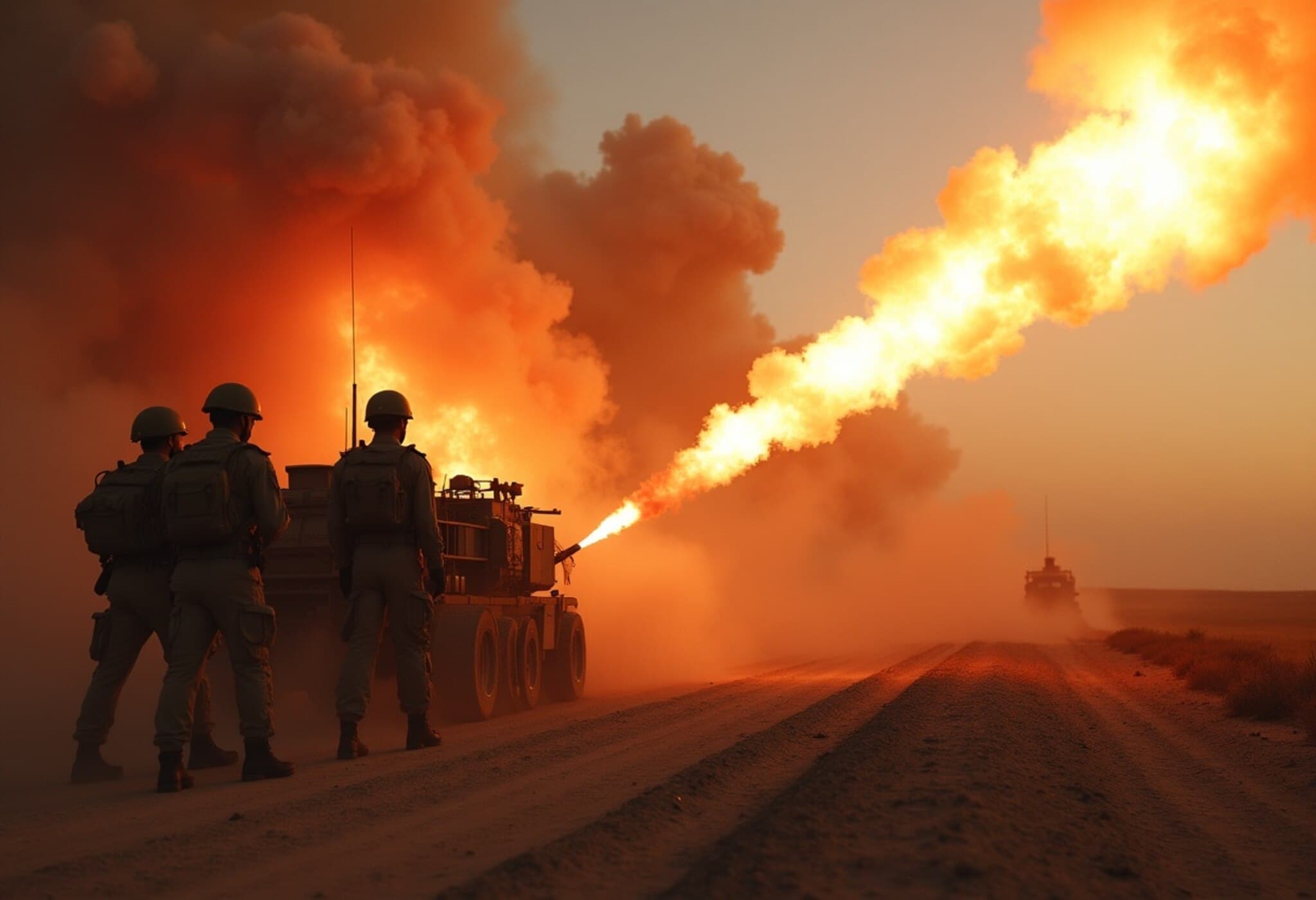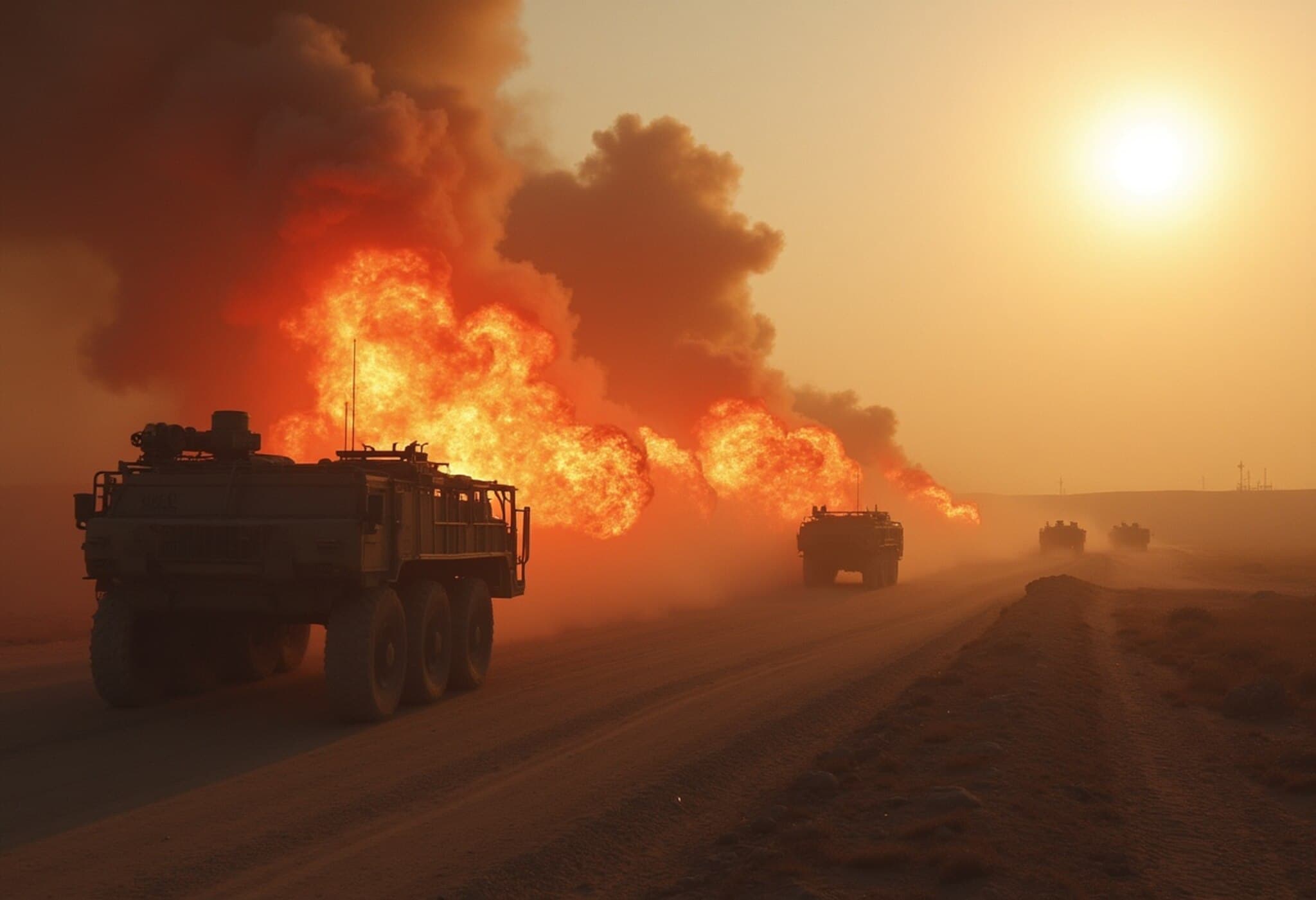Israel’s Bold Attack on Iran Raises Regional Tensions
In a dramatic escalation, Israel launched a series of devastating strikes targeting dozens of Iranian sites last Thursday. Experts warn this bold move could destabilize an already volatile region and push tensions toward a full-blown conflict.
Impact on Trump’s Peacemaking Ambitions
During his campaign, US President Donald Trump vowed to end major global conflicts and promote peace. Yet, nearly five months into his term, the realities on the ground tell a different story—ongoing bloodshed in Gaza and Ukraine, paired with Israel’s brazen attack on Iran, have raised serious doubts about that vision.
These strikes marked a clear defiance against Trump’s repeated requests to Israeli Prime Minister Benjamin Netanyahu to hold back, despite Trump’s own tough rhetoric threatening military action if diplomatic talks with Iran faltered.
Diplomatic Setback Amid Heightened Hostilities
Observers see these Israeli attacks as a major setback for the White House’s diplomatic efforts. High-level aides working to broker a peaceful resolution to Iran’s nuclear ambitions were caught off guard as negotiations stalled and tensions escalated.
Trump’s Middle East envoy, Steve Witkoff—tasked with steering talks—had urged Israeli patience, but with little success. The breakdown of diplomacy has left Trump and his administration scrambling.
Widening Rift and Domestic Challenges
Within the US administration, divisions over foreign policy approaches have deepened. Frequent personnel changes across key national security and diplomatic positions have further muddied efforts to advance peace initiatives.
Even before the recent assault, doubts were growing over Witkoff’s effectiveness, given his limited diplomatic experience despite his central role.
Unfulfilled Promises and Regional Fallout
Despite initial optimism—highlighted by a brief ceasefire between Israel and Hamas coordinated prior to Trump’s inauguration—lasting peace has remained elusive. The US has also failed to make any significant headway in resolving the war in Ukraine or in expanding the Abraham Accords, which aim to normalize relations between Israel and Arab nations.
Meanwhile, critics argue that dismantling the Iran nuclear deal without a viable alternative has left a dangerous power vacuum, increasing the likelihood of violent escalation.
Potential Spiral into Broader Conflict
Experts warn that the Israeli airstrikes could provoke Iran and its allied groups to retaliate, potentially targeting US assets in the region. The Houthis in Yemen, aligned with Tehran, may resume attacks on Red Sea shipping lanes, further destabilizing maritime security.
Questions also remain about Israel’s capacity to fully neutralize Iran’s nuclear infrastructure, especially hard-to-reach sites like the deeply buried Fordow enrichment facility—damage to which may require direct US military involvement not currently reported.
Looking Ahead: A Critical Juncture
As Israel signals this is just the first phase of an extensive campaign against Iran’s nuclear and missile programs, the stakes could not be higher. Tehran faces an existential challenge that may prompt unprecedented retaliatory measures, raising the specter of a rapid escalation into widespread conflict.
For President Trump, the fallout represents either a severe blow or a defining test for his peacemaker agenda, as the region teeters on the edge of intensified warfare.

